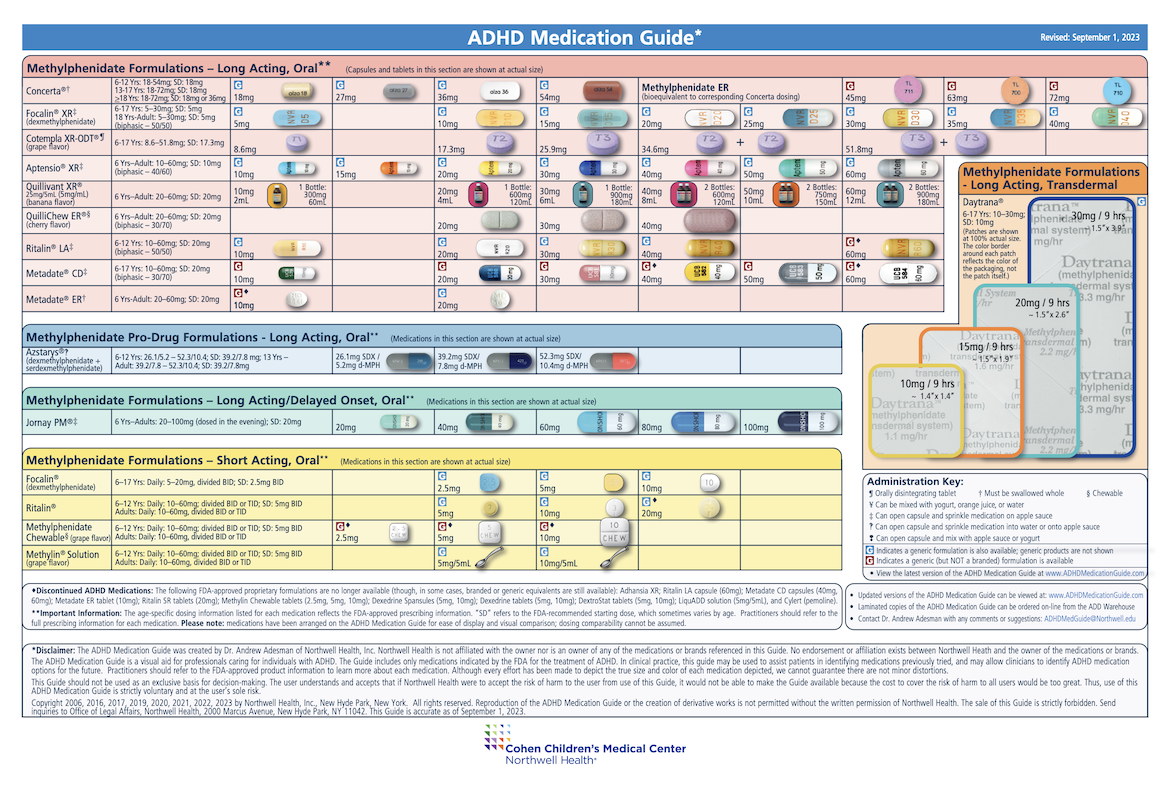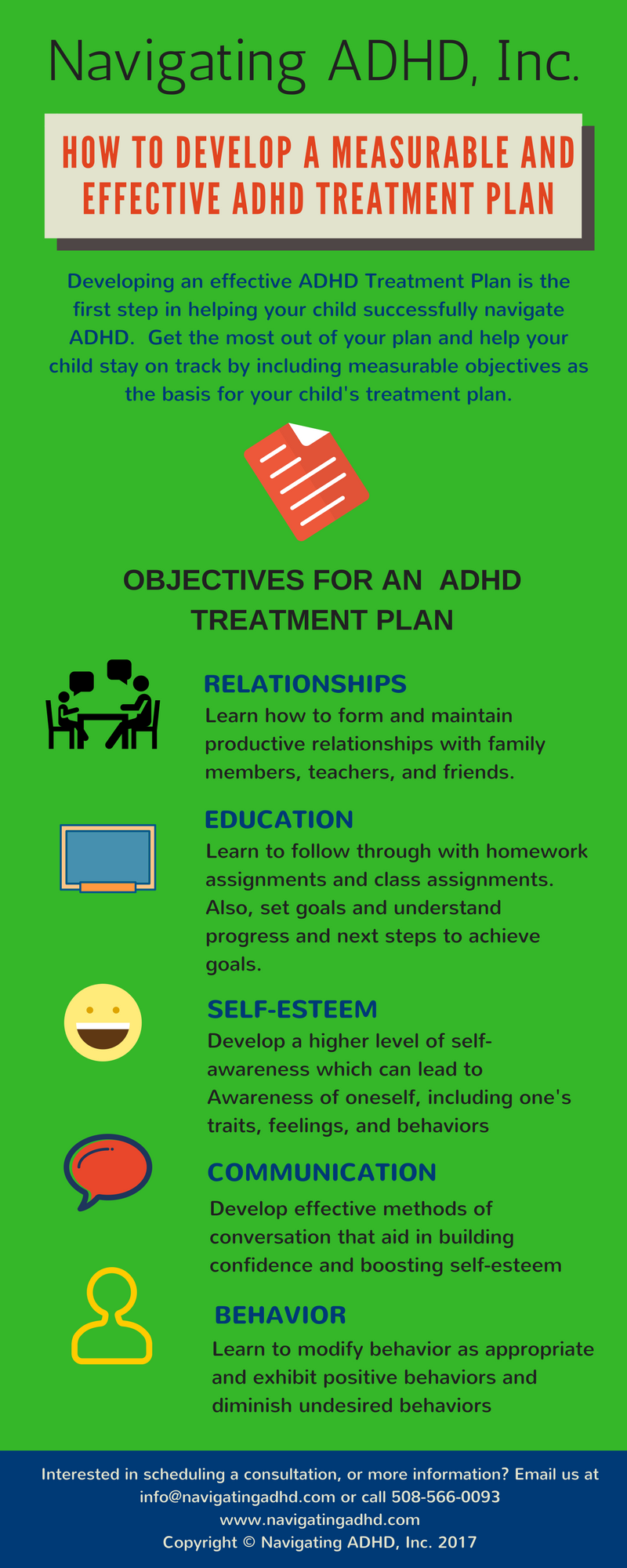Mental Health Services Focused for Improved Care Needs
Mental Health Services Focused for Improved Care Needs
Blog Article
Exploring Effective ADHD Treatment Options for All Ages
The intricacies of Focus Shortage Hyperactivity Disorder (ADHD) existing one-of-a-kind obstacles throughout different age groups, demanding a detailed exploration of effective therapy choices. A combination of behavior treatments, pharmacological interventions, and way of living adjustments has revealed pledge in dealing with the diverse demands of individuals with ADHD. However, the effectiveness of these techniques can vary dramatically based on personal conditions, increasing crucial inquiries concerning tailored strategies. As we examine the range of treatment techniques readily available, it ends up being vital to consider not just their immediate influences however also their long-term effects for individuals and family members.
Comprehending ADHD and Its Effect
Attention-Deficit/Hyperactivity Problem (ADHD) is a neurodevelopmental condition defined by relentless patterns of inattention, hyperactivity, and impulsivity that can substantially influence various facets of an individual's life. It commonly manifests in childhood years, although signs can linger right into the adult years. The core symptoms of ADHD can interrupt academic efficiency, prevent social interactions, and make complex job-related endeavors.
People with ADHD usually battle with maintaining concentrate on jobs, arranging activities, and complying with with on directions, which can result in scholastic underachievement (Depression Treatment). In social contexts, impulsivity might lead to difficulties in developing and sustaining relationships, as people may disrupt discussions or make rash decisions without thinking about effects
The irregularity in signs and symptom discussion indicates that ADHD can impact individuals differently, demanding an individualized strategy to management. Comprehensive awareness of ADHD's nature and implications lays the groundwork for discovering ideal therapy choices tailored to each individual's demands.
Behavioral Therapies for ADHD
Countless behavior therapies have been developed to effectively deal with the challenges related to ADHD, concentrating on changing certain behaviors and promoting crucial abilities. Amongst one of the most identified methods are cognitive-behavioral therapy (CBT), parent training, and social skills training.
CBT assists individuals identify and change unfavorable thought patterns and habits, advertising an extra favorable outlook and improved self-regulation. This treatment often consists of functional techniques for handling impulsivity and improving organization. Moms and dad training programs equip caregivers by outfitting them with methods to reinforce favorable behaviors and established consistent borders, which can be specifically valuable for kids with ADHD.
Social skills training is an additional important component, training individuals with ADHD how to connect successfully with peers - Depression Treatment. This approach often involves role-playing and responses to improve communication, participation, and dispute resolution skills
Including these behavioral treatments right into an extensive treatment strategy can considerably improve functioning and lifestyle for individuals with ADHD. this contact form Inevitably, the efficiency of these therapies relies on customized methods that consider the special needs of each individual, thus fostering resilience and flexibility in every day life.
Medication Options Available
For many individuals with ADHD, medication can play a substantial role in taking care of signs and improving overall performance. The 2 key classifications of drugs suggested for ADHD are stimulants and non-stimulants.
Energizers, such as methylphenidate and amphetamine-based drugs, are one of the most commonly used treatments. These drugs work by increasing the degrees of neurotransmitters, particularly dopamine and norepinephrine, in the brain, which helps improve attention and decrease impulsivity and hyperactivity. They usually generate rapid results, making them a recommended option for lots of people.

It is important for healthcare service providers to conduct a detailed evaluation to identify one of the most proper medication based on private Click Here needs, clinical history, and possible negative effects. Normal follow-up and tracking are additionally important to make certain the effectiveness of the selected therapy and to make any kind of necessary adjustments.
Way Of Living Changes to Think About
Taking care of ADHD effectively extends beyond medicine, as way of life modifications can significantly enhance overall well-being and sign control. Incorporating structured routines is vital; constant timetables help people with ADHD manage their time successfully and lower sensations of overwhelm.
Routine physical task is an additional important component. Exercise not only aids to boost concentration but also boosts mood and lowers stress and anxiety degrees. Tasks such as yoga or team sports can be particularly beneficial, promoting both fitness and social communication.
Nourishment additionally plays a pivotal role. Depression Treatment. A well balanced diet regimen abundant in omega-3 fats, whole grains, and lean proteins can add you could try this out to enhanced focus and cognitive function. Restricting sugar and refined foods is advisable, as these can aggravate hyperactivity and impulsivity
Rest hygiene is necessary for handling ADHD signs. Developing a routine sleep timetable and developing a peaceful setting can improve rest quality, resulting in better focus and emotional regulation.
Different and Alternative Strategies
Alternative and holistic techniques to ADHD therapy supply a diverse variety of alternatives that enhance conventional techniques. These approaches commonly concentrate on way of life adjustments, dietary treatments, and healing methods that intend to enhance overall wellness while addressing ADHD symptoms.

Mindfulness and behavior modifications are also getting traction as holistic treatments. Practices such as yoga exercise, meditation, and cognitive-behavioral treatment can grow self-regulation and enhance focus. These methods sustain psychological resilience, which is especially advantageous for people with ADHD.
Herbal supplements, such as ginkgo biloba and ginseng, are often explored; nevertheless, it is important to get in touch with medical care professionals prior to including these into therapy strategies. While choice and holistic strategies can offer useful assistance, they ought to preferably be used combined with evidence-based treatments to accomplish optimal results for handling ADHD throughout every ages.
Conclusion
In recap, reliable ADHD treatment necessitates a detailed strategy that includes behavior treatments, medication, way of living alterations, and alternative approaches. This diverse technique emphasizes the value of personalized treatment in attending to the diverse needs of people with ADHD across all age teams.
Report this page